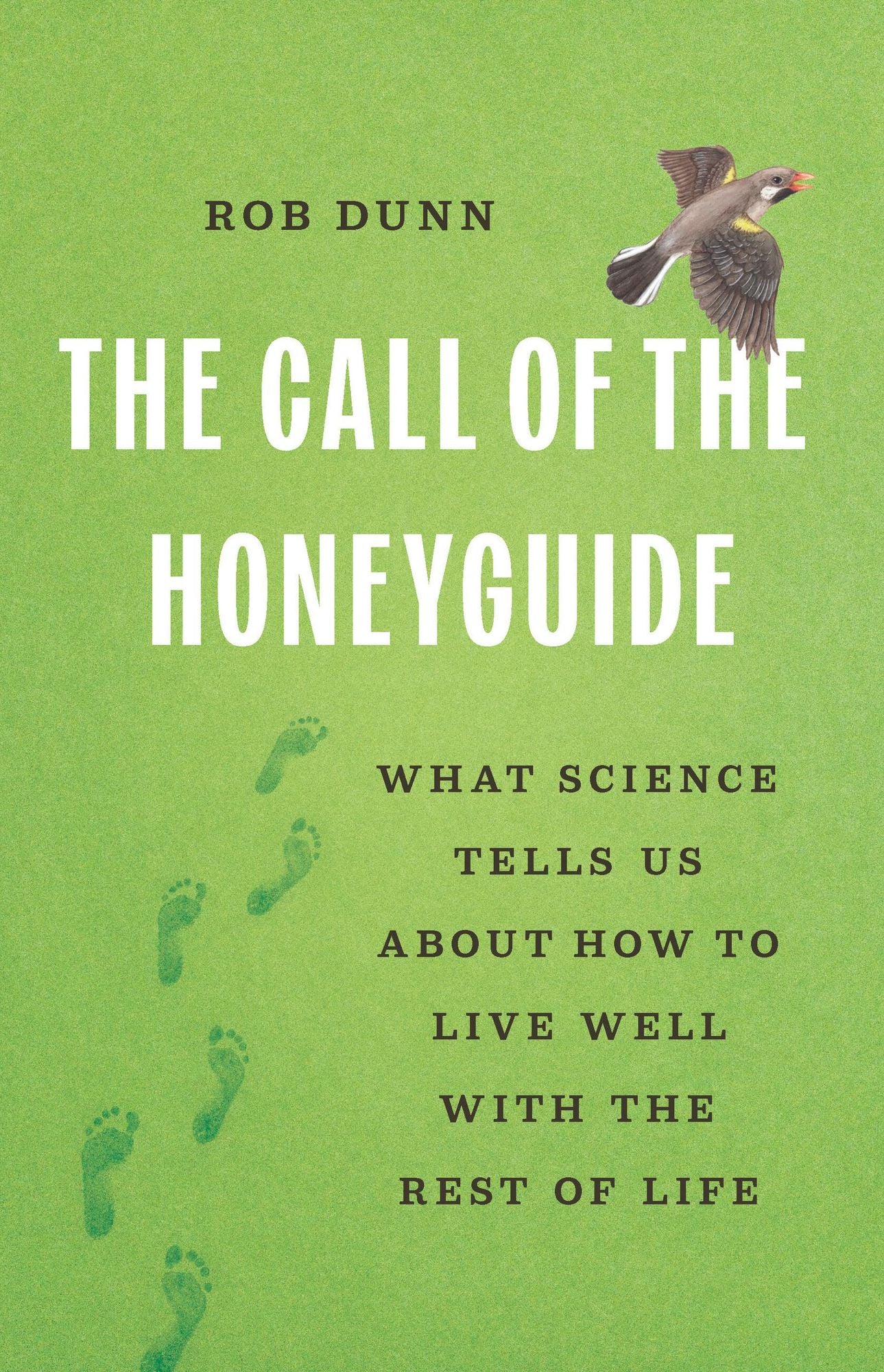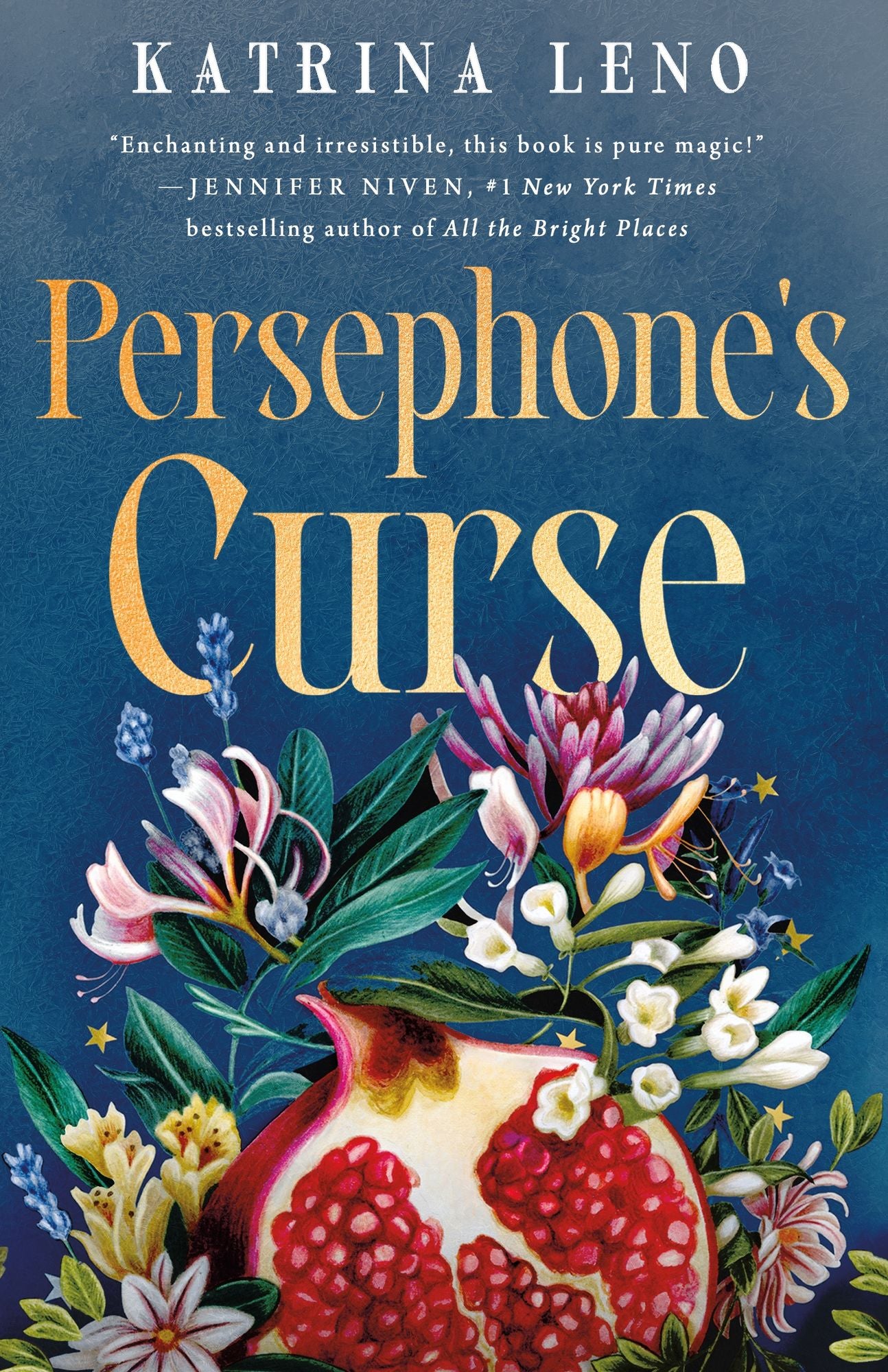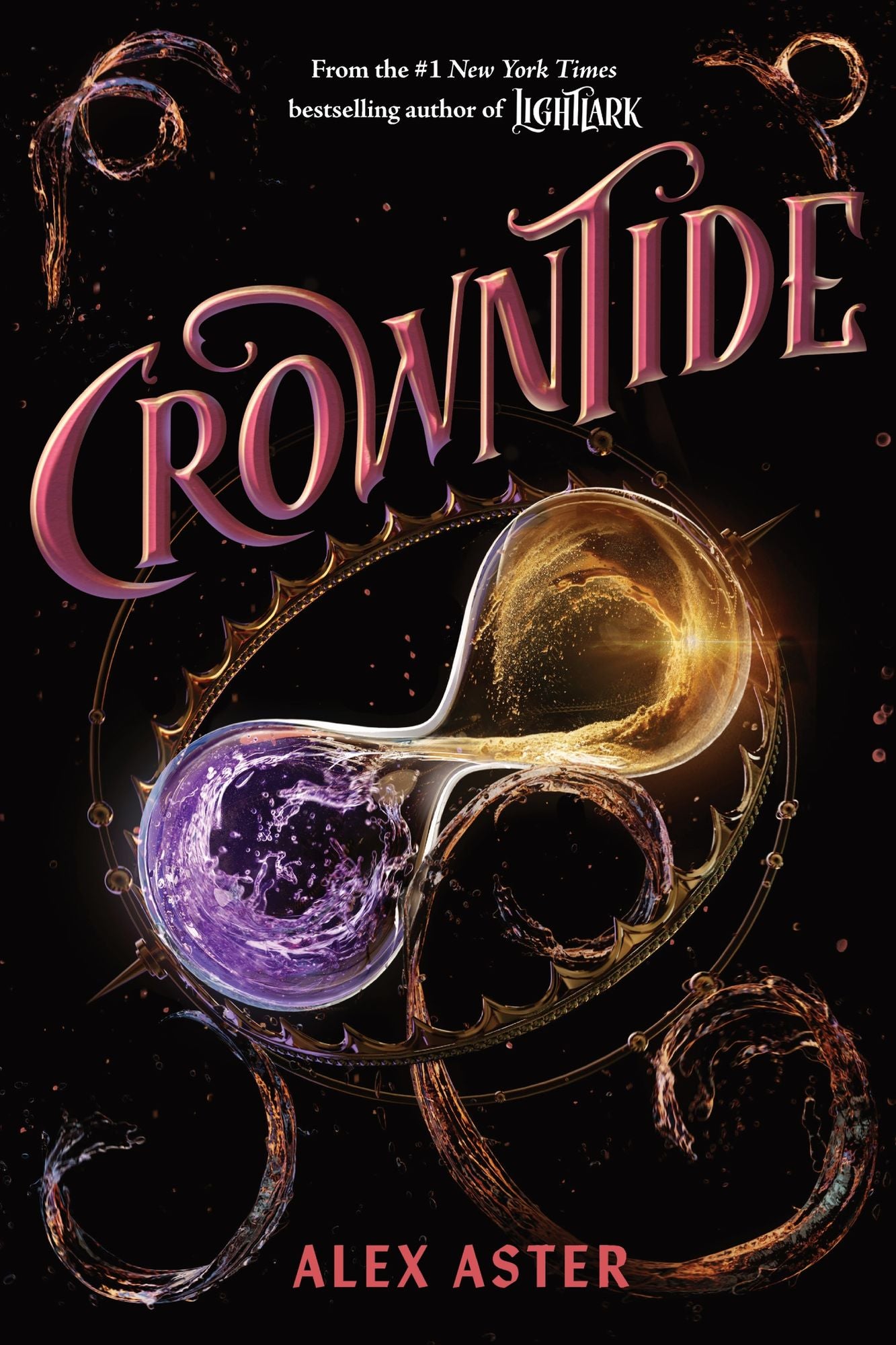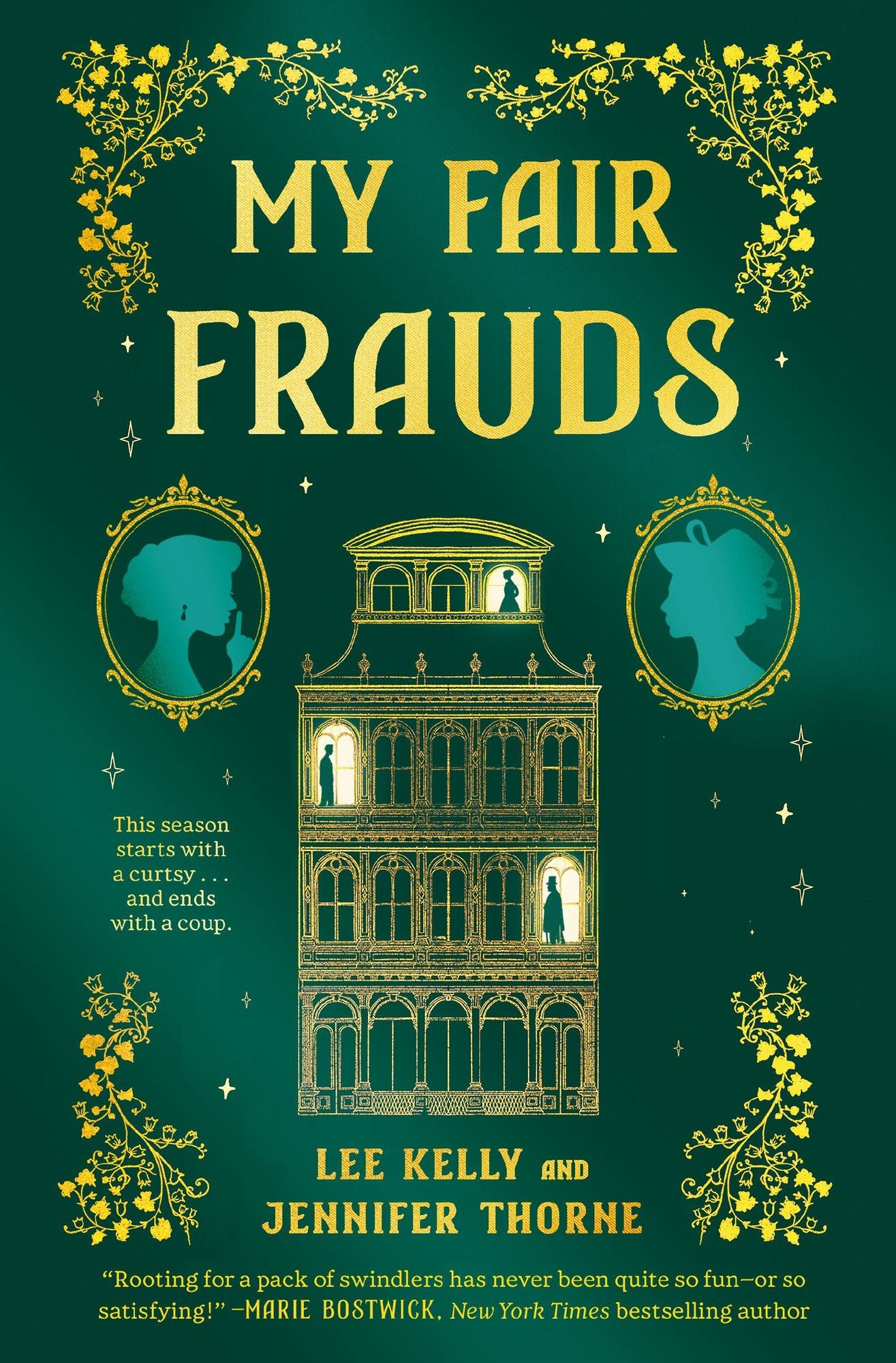
The Call of the Honeyguide: What Science Tells Us about How to Live Well with the Rest of Life
by
Rob Dunn
Format: Hardcover
ISBN: 9781541605732
Publication Date: 08/26/2025
A "soulful tribute" (New York Times) that shows how rethinking our relationships with other species can help us reimagine the future of humankind
A New York Times Notable Book of the Year
In the woodlands of sub-Saharan Africa, sometime deep in our species’ past, something strange happened: a bird called out, not to warn others of human presence, but to call attention to herself. Having found a beehive, that bird—a honeyguide—sought human aid to break in. The behavior can seem almost miraculous: How would a bird come to think that people could help her? Isn’t life simply bloodier than that?
As Rob Dunn argues in The Call of the Honeyguide, it isn’t. Nature is red in tooth and claw, but in equal measure, life works together. Cells host even smaller life, wrapped in a web of mutual interdependence. Ants might go to war, but they also tend fungi, aphids, and even trees. And we humans work not just with honeyguides but with yeast, crops, and pets. Ecologists call these beneficial relationships mutualisms. And they might be the most important forces in the evolution of life.
We humans often act as though we are all alone, independent from the rest of life. As The Call of the Honeyguide shows, we are not. It is a call to action for a more beneficent, less lonely future.
A New York Times Notable Book of the Year
In the woodlands of sub-Saharan Africa, sometime deep in our species’ past, something strange happened: a bird called out, not to warn others of human presence, but to call attention to herself. Having found a beehive, that bird—a honeyguide—sought human aid to break in. The behavior can seem almost miraculous: How would a bird come to think that people could help her? Isn’t life simply bloodier than that?
As Rob Dunn argues in The Call of the Honeyguide, it isn’t. Nature is red in tooth and claw, but in equal measure, life works together. Cells host even smaller life, wrapped in a web of mutual interdependence. Ants might go to war, but they also tend fungi, aphids, and even trees. And we humans work not just with honeyguides but with yeast, crops, and pets. Ecologists call these beneficial relationships mutualisms. And they might be the most important forces in the evolution of life.
We humans often act as though we are all alone, independent from the rest of life. As The Call of the Honeyguide shows, we are not. It is a call to action for a more beneficent, less lonely future.
Choose options
















